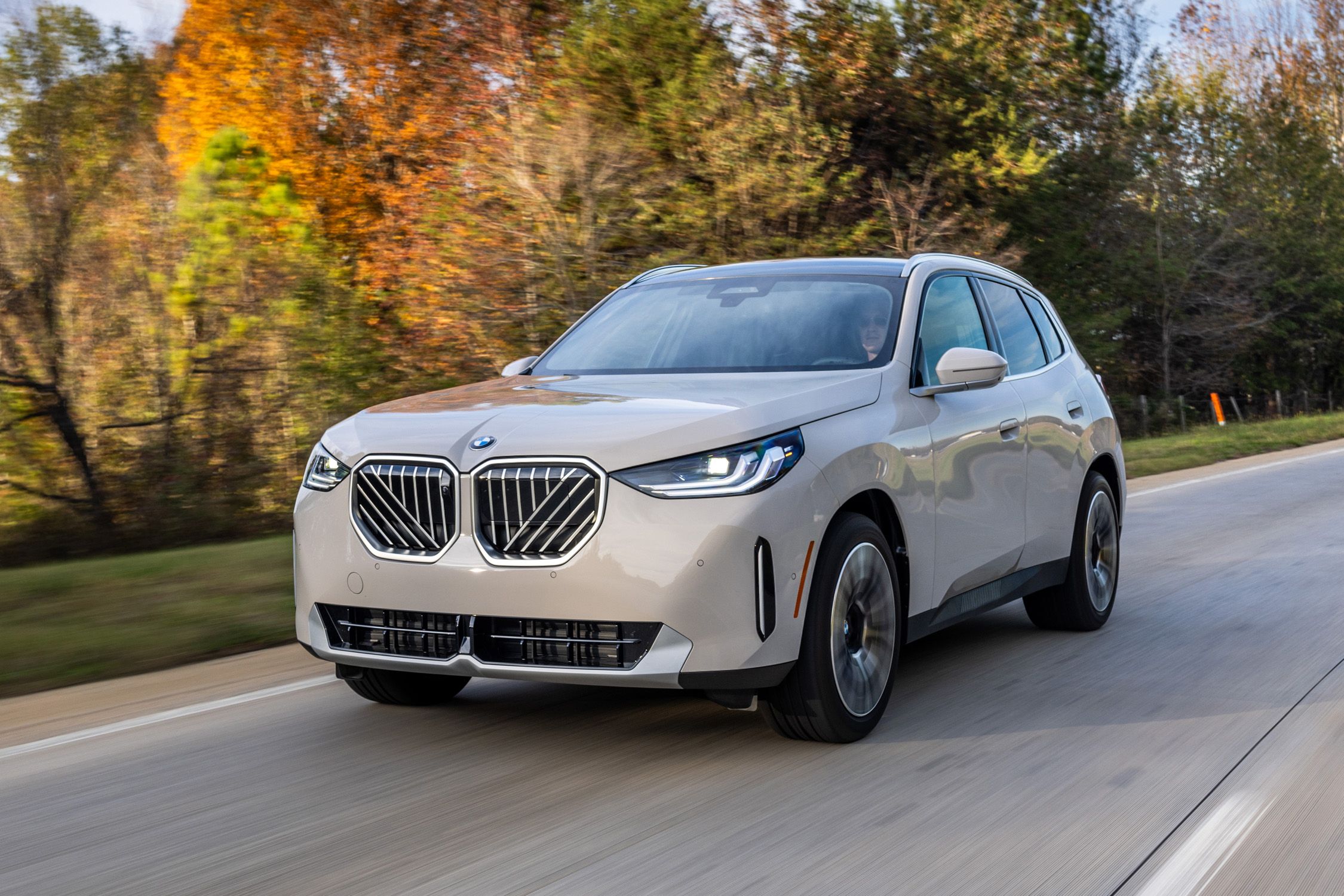Rideshare Insurance Options for Uber/Lyft Drivers in NYC
Understanding Rideshare Insurance Requirements in New York City
New York State mandates specific insurance requirements for Uber, Lyft, and other transportation network company (TNC) drivers operating in NYC. The New York Department of Financial Services (DFS) mandates that TNCs provide primary commercial liability coverage of at least:
- $75,000 for bodily injury per person
- $150,000 for bodily injury per accident
- $25,000 for property damage
This coverage activates when drivers are logged into the rideshare app (Period 2) or transporting passengers (Period 3). Personal auto insurance policies do not cover commercial rideshare activities, creating a coverage gap when drivers are in “app-on” mode waiting for trip requests.
The Three Coverage Periods for Rideshare Drivers
-
Period 1 (App Off)
Personal auto insurance applies exclusively. -
Period 2 (App On, No Passenger)
Uber/Lyft provide contingent liability coverage (NY minimums apply), but limited/no collision/comprehensive protection. -
Period 3 (Passenger in Vehicle)
Uber/Lyft provide $1.25 million in commercial liability coverage and comprehensive/collision (subject to deductible).
Coverage Gaps in Period 2
During Period 2 (waiting for ride requests), Uber/Lyft’s contingent liability coverage only pays if the driver’s personal insurer denies the claim. This creates significant financial risks in these scenarios:
- At-fault accidents not covered by personal insurer due to commercial activity
- Uninsured/underinsured motorist claims
- Damage to driver’s vehicle
Rideshare Endorsements: Bridging the Insurance Gap
New York law (DFS Regulation 161) requires all auto insurers to offer rideshare endorsements – supplemental coverage adding commercial protection to personal policies. Top NYC providers include:
| Insurer | Typical Cost Increase | Coverage Features |
|---|---|---|
| Allstate | 12-20% annually | Period 2 liability + optional collision |
| Progressive | $15-$30/month | Seamless TNC coverage across all periods |
| GEICO | 10-18% annually | Specialized NYC rideshare packages |
| State Farm | $8-$20/month | Gap coverage + rental car reimbursement |
Key Benefits of Rideshare Endorsements
- Eliminate coverage gaps during Period 2
- Maintain continuous coverage during all app modes
- Prevent personal policy cancellations due to undisclosed TNC activities
- Customizable deductibles ($250-$2,000 options)
Commercial Insurance Alternatives
Drivers with 30+ weekly hours or luxury vehicles may consider commercial policies. Popular NYC options:
-
For-Hire Vehicle (FHV) Insurance
- Mandatory for yellow cab and FHV drivers
- Covers all driving modes 24/7
- Annual premiums: $3,500-$7,000 depending on borough
-
Business Use Policy
- Hybrid option for occasional rideshare drivers
- Covers personal and limited commercial use
- 30-40% cheaper than full commercial policies
Navigating NYC-Specific Requirements
Special Considerations for NYC Drivers
- TPEP Systems: All TNC vehicles must install city-approved telematics devices tracking insurance compliance
- Congestion Pricing: Commercial policies often include zone-based pricing for Manhattan trips
- UM/SUM Coverage: NYC requires $250,000 minimum uninsured motorist protection – verify endorsement includes this
Penalties for Non-Compliance
- $1,000+ fines per violation
- TNC account deactivation
- Personal liability for accident damages
- License suspension for repeat offenders
Comparing Insurance Options
| Feature | Rideshare Endorsement | FHV Commercial Policy |
|---|---|---|
| Cost (Annual) | $150-$600 | $3,500-$7,000 |
| Coverage Scope | Period 2 gap fill | Full commercial 24/7 |
| Best For | <30 hrs/week drivers | Full-time professionals |
| Vehicle Restrictions | Personal cars only | Commercial-plated vehicles |
Cost-Saving Strategies
- Bundle Policies: Combine rideshare coverage with renters/home insurance
- Usage-Based Discounts: Install telematic devices for safe driving incentives
- Higher Deductibles: Reduce premiums by 15-30% with $1,000+ deductibles
- NYC TLC Driver Groups: Join associations like The Independent Drivers Guild for group rate negotiations
The Claims Process Explained
-
Period 1 Accidents
- File through personal insurer
-
Period 2 Incidents
- Notify both personal insurer AND rideshare company
- Uber/Lyft’s contingent coverage activates if personal claim is denied
-
Period 3 Claims
- File directly through Uber/Lyft’s commercial policy (Progressive for Uber)
Critical Tip: Report all accidents within 24 hours to both insurers to avoid claim denial. NYC requires immediate reporting for accidents involving injuries >$1,000 damage.
Emerging Insurance Trends for NYC Drivers
- Pay-Per-Mile Policies (Metromile, Allstate Milewise) – Cost-effective for low-mileage drivers
- Commercial Policy Waivers – New bills may exempt part-time drivers from full commercial requirements
- Blockchain Verification – Pilot programs using smart contracts for automated coverage validation during trips
Regulatory Updates for 2024
- Minimum Liability Increase: Proposed $100k/$300k/$50k coverage floor
- Rideshare Deductible Cap: NYC Council considering $500 maximum collision deductible mandate
- EV Incentives: 15% premium discounts for electric/hybrid vehicles starting Q2 2024
